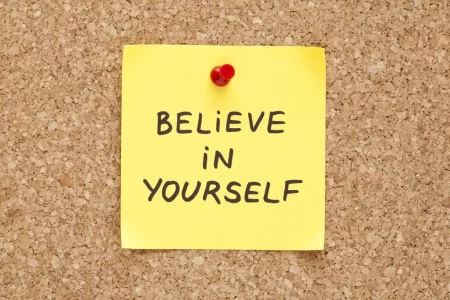 Self-confidence is a crucial aspect of our lives. It determines how we view ourselves and how we interact with the world around us.
Self-confidence is a crucial aspect of our lives. It determines how we view ourselves and how we interact with the world around us.
Having high self-confidence can lead to a more fulfilling life, better relationships, and greater success in our careers. However, not everyone is born with high self-confidence, and it can be challenging to develop it.
Today, we will explore what you need to know to boost your self-confidence.
Recognize Your Strengths and Weaknesses
One of the first steps to boosting your self-confidence is recognizing your strengths and weaknesses. This can be done by taking an honest inventory of your skills, accomplishments, and areas that need improvement.
By doing this, you can focus on your strengths and build on them while also working on your weaknesses.
Practice Self-Care
Self-care is crucial to boosting self-confidence. This means taking care of your physical and mental health. Eating a healthy diet, getting enough sleep, and exercising regularly can help you feel better physically, which can lead to improved self-confidence.
Additionally, taking care of your mental health by practicing mindfulness, meditation, or therapy can help you feel more in control of your thoughts and emotions.
Set Realistic Goals
Setting realistic goals can help you build self-confidence by giving you a sense of accomplishment. Start by setting small goals that you can achieve easily, and then gradually work your way up to more significant goals.
Celebrate your accomplishments along the way, and don’t be too hard on yourself if you don’t achieve a goal right away.
Surround Yourself with Positive People
Surrounding yourself with positive people can help you build self-confidence. Positive people can provide support, encouragement, and constructive feedback. They can also help you see the positive aspects of yourself and your life, which can boost your confidence.
Take Risks
Taking risks can be scary, but it can also be an excellent way to boost self-confidence. Start by taking small risks, such as trying a new activity or speaking up in a meeting.
As you become more comfortable with taking risks, you can gradually take on bigger challenges.
Practice Self-Compassion
Finally, it’s essential to practice self-compassion. This means treating yourself with kindness and understanding, even when you make mistakes or fail.
Remember that everyone makes mistakes and experiences setbacks, and it’s okay to be imperfect.
Remember that building self-confidence takes time and effort, but it’s worth it in the end.
Picture Credit: VistaCreate
